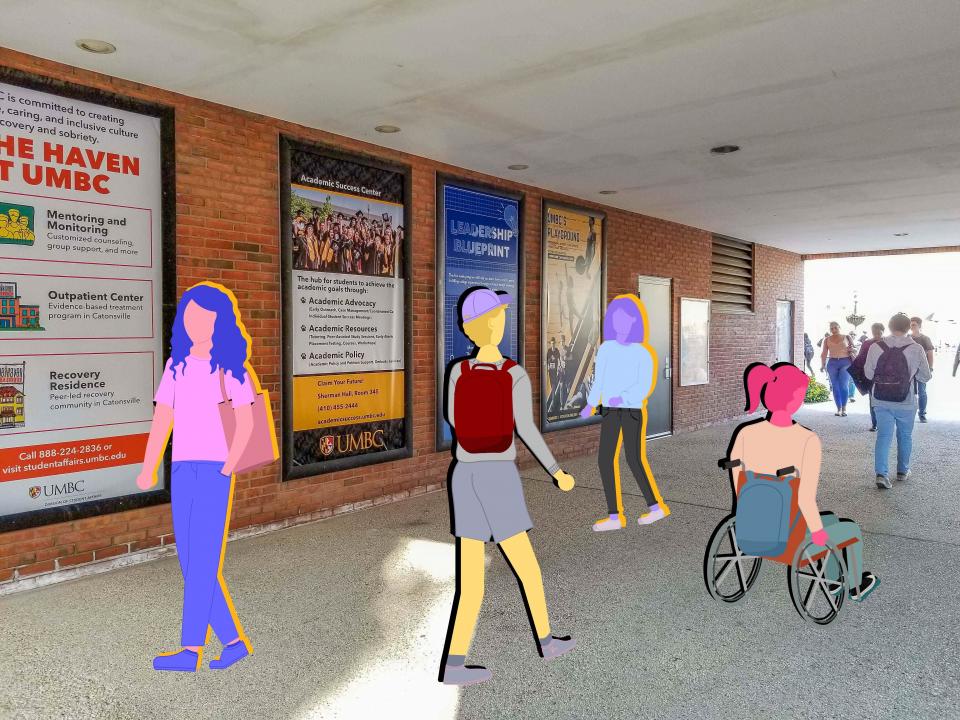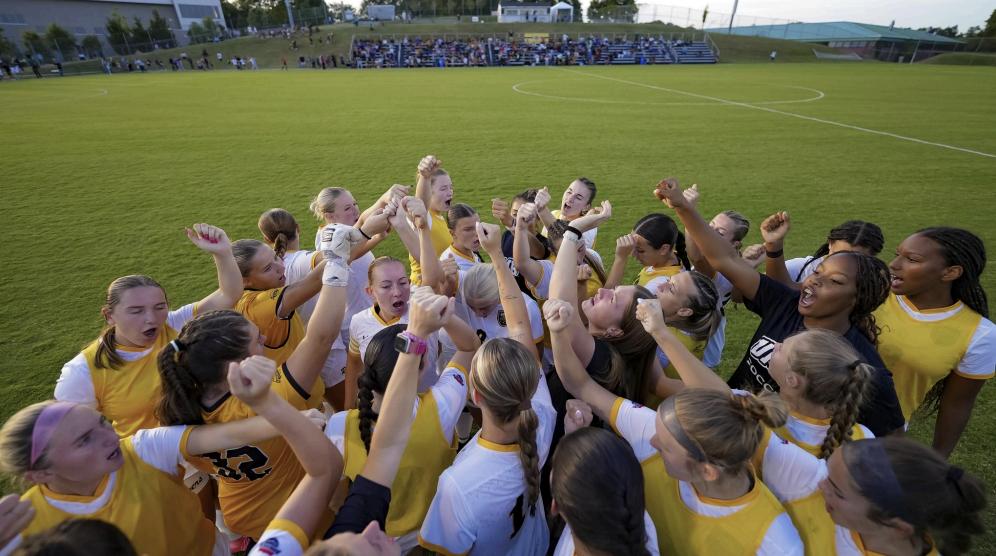Today, the University System of Maryland announced that it will require COVID-19 vaccination for all eligible students, faculty and staff who will be on a Maryland college campuses in Fall 2021. In a virtual information session, the University of Maryland, Baltimore County discussed vaccine science and the implications of the USM announcement.
UMBC Administration agrees with USM Chancellor Jay Perman that “mandating a COVID vaccine is the most effective strategy we have” to continue with plans for bringing students back to campus in the fall.
Medical and religious exemptions will be made, and the University of Health Services is awaiting potential vaccines for on-campus administration. University Health Services Medical Director Dr. Vic Madrid said that until then, UMBC community members are encouraged to take advantage of other vaccine sites.
Soon, an electronic system will be set up that will allow UMBC students, faculty and staff to submit their vaccination status.
For people who have been previously infected by COVID-19, Dr. Madrid said that experts do not know how long a person is protected from the virus after recovering. If you have been infected, wait until a full recovery to get vaccinated. If you become infected between vaccine doses, again, wait for a full recovery to receive your second dose.
“If you recover, it is possible to be reinfected. Vaccines probably provide greater protection,” said Madrid.
Vaccines are critical because they greatly reduce the chances that someone infected with the virus will develop severe symptoms, be hospitalized or die. These metrics are used to determine vaccine “efficacy.”
UMBC’s senior public health advisor and professor in Emergency Health Services Dr. Lucy Wilson said that all three of the vaccines, Moderna, Pfizer and Johnson & Johnson, currently approved for use in the U.S. are safe and have equally high efficacy rates. She said that the temporary pause on J&J vaccines comes after six out of 7 million patients developed serious blood clots and low platelet counts and that a reversal will likely come out soon.
She explained that Moderna and Pfizer are mRNA vaccines while J&J uses an adenovirus. However, all three allow the body to build antibodies against the spike protein on the coronavirus that causes COVID-19.
“Get whatever vaccine you can get,” said Wilson.
While vaccine side effects can be unpleasant, Madrid explained that they are not equivalent to an infection. They are evidence that your immune response is working. However, those previously infected with COVID-19 might have a stronger reaction.
Madrid also emphasized the importance of distinguishing side effects from allergic reactions. Allergic reactions occur quickly, usually within about four hours. Reactions include wheezing, hives or anaphylaxis which requires hospitalization.
“Do not take the vaccine if you are allergic. There are people who can’t get the vaccine, and those who can protect others by getting vaccinated,” said Madrid. “We are reducing the viral burden in the community.”
Wilson said that those who are immunocompromised should still get the vaccine since it is not made of a live virus. Additionally, egg allergies should not stop you from getting a vaccine.
In response to questions about the historic pace at which the vaccines were developed, Wilson said that previous technological infrastructure and preexisting research on coronaviruses allowed scientists to develop a COVID-19 vaccine. There were also countless volunteers in the trials, worldwide cooperation and funding, and a pledge from the Food and Drug Administration to be as efficient as possible.
“The vaccine research was fast but followed the same protocols and had a lot of extra help,” she explained.
And although historically, trials have not been inclusive of all ages, sexes, races and ethnicities, the three COVID-19 vaccines were inclusive, said Wilson. Fifty-six percent of Moderna trials included people of color, 17 percent in Pfizer and 38 percent in J&J.
Dr. Nancy Young, Vice President for Student Affairs, commended the UMBC community for its compliance with UMBC public health guidelines.
“All of these questions were based in science,” she said. “I am so proud of the way people in this community are taking care of each other.”
If you have questions about UMBC’s COVID-19 response and vaccination requirements, contact covid19@umbc.edu.
Learn more about the USM’s announcement here: https://www.usmd.edu/newsroom/news/2154

